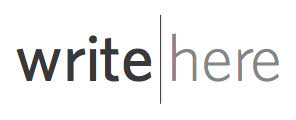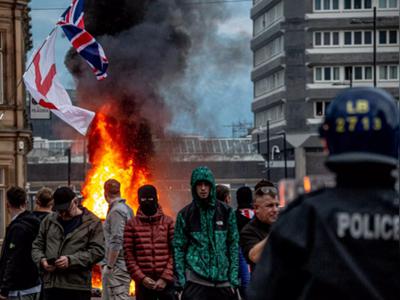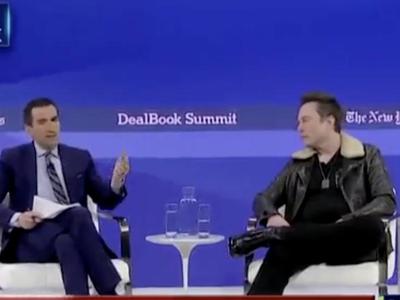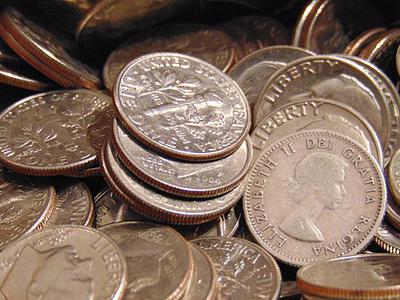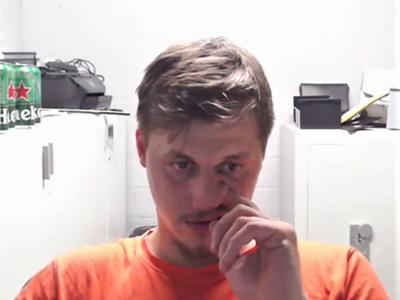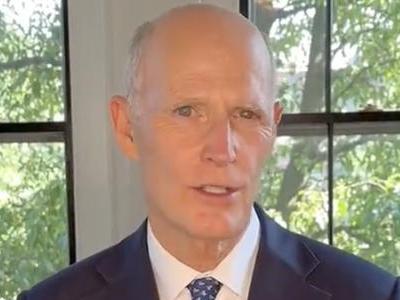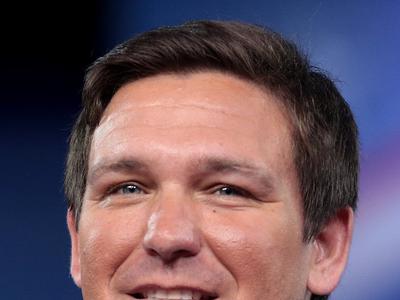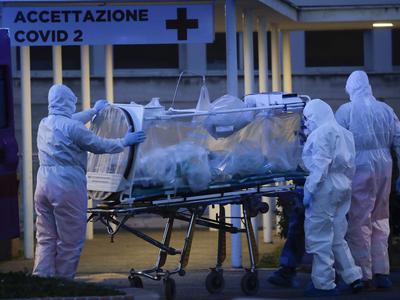
As of today, April 28, 2020, the grim statistics in the chart below tell a story in statistics indicting the woefully tardy acknowledgement and inadequate actions taken by the United States in response to the Covid-19 Crisis; World Covid 19 chart
The delay in our government's pinpointing this killer as a major world-wide health threat despite warnings from US and world health organizations as well as security agencies, has caused needless suffering both at home and abroad. We currently have more Covid cases and deaths than any other country in the world.
Though things have not plateaud to a level recommended by the Center for Disease Control, there are several states in the Union currently open or planning to open for business within the next week. These include Colorado, Mississppi, Tennessee, Montana and Georgia. In Georgia, this allows the opening of restaurants, beauty salons, tattoo parlors, massage parlors, bowling alleys and other businesses that are not considered essential services in most of the world. Hopefully these states will still have strong "safe distance" measures in place, though it is clear that if many people don't plan to abide by them, they'll be difficult to enforce. While many of the people who work in these businesses see it as the fastest way for the country to get back on its feet, that will be fleeting once infection and mortality rates begin to rise.
There are other reasons why these states are opening earlier than health experts inside and outside the Trump administration recommend.
1. Outside forces: The decision to open businesses in some states in the middle of a pandemic that has yet to be fully understood is a blatant concession to huge corporate interests. The ultra-wealthy who set policies and write the laws, are not about to give up potential earnings and stock market gains because of a virus that might kill a few (hundreds?) of their workers. As Lord Farquad from the film "Shrek" famously said, "Some of You May Die...."
2. Fear of government assistance: The governments of these states and the aforementioned top earners don't think people should be living on state or federal unemployment insurance for even a short length of time. It will "drain the economy" if people get public assistance, they say.
3. The president of the US: Donald Trump is unable to understand the virus in any meaningful way, what is legitimate information from people like Dr. Anthony Fauci, or the needs of people of lesser means who struggle to afford food, housing or medical care. Empathy and compassion are not his strong suits.
Like most people in the USA, I am quite ready to go back to work But I'm not prepared to have family, friends, or myself placed on the altar of sacrifice to the almighty dollar. Americans are not known for their patience when it comes to getting what we feel we've earned and what we deserve. We are used to being the boss and getting what we want when we want it. To have the game suddenly change to where patience is the only way to rein in the Coronavirus is a slap in the face of the "American Way of LIfe."
Those with huge business interests have stirred up the fear of "losing our freedoms" in the general populace. There have been examples of this in the armed demonstrations that have taken place in state capitals, notably Lansing, Michigan, largely bought and paid for by large right-wing interests--like the Koch Brothers, and Robert Mercer--hidden in charitable foundations. "Liberty or Tyranny," the protesters said. As it turns out, a sizable majority of Michiganders supported the "Shelter in Place" orders enacted by Governor Gretchen Whitmer.
Most of us who are not independently wealthy will spend a good deal of time worrying about next week's paycheck, how we will pay the rent/mortgage, buy food, pay for school for our kids, cover medical insurance, out-of-pocket medical costs and take care of aging parents. However you look at it, things will not be "normal" for some time if ever.
Each one of us plenty of time to consider the short and long-term effects of the actions we take--or don't take. If we want to get back some semblance of normal into this society, patience and willingness to sacrifice "me" for "us" is something to think about.
